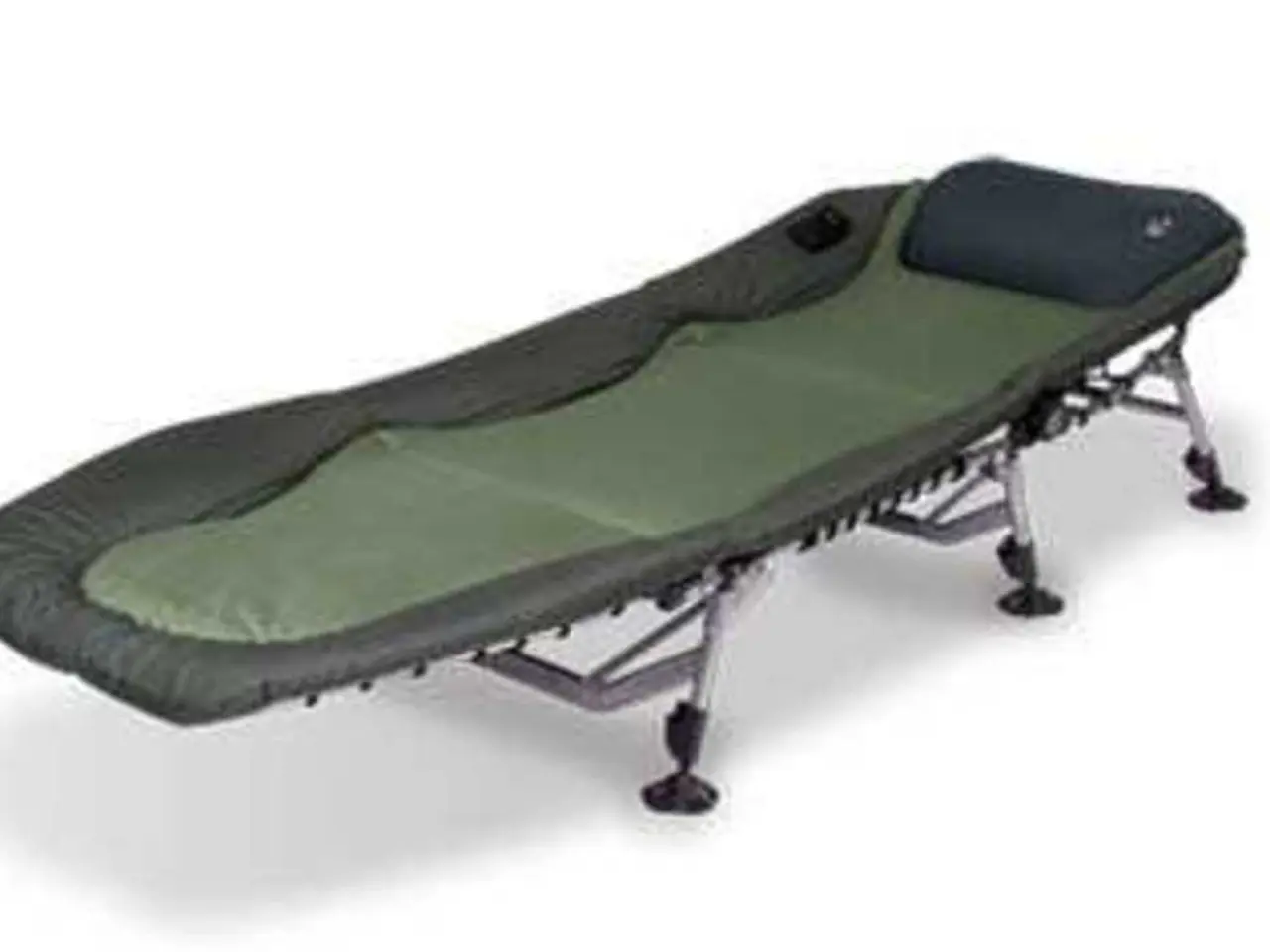Daily Fitness Routines for Caretakers
Exercise has been found to offer significant benefits for family caregivers, according to recent research studies. These benefits include stress reduction, improved sleep quality, enhanced physical health, and decreased risk of cardiovascular issues. Exercise also helps mitigate caregiver burnout by boosting energy and mental resilience.
Stress Reduction and Better Sleep
Prioritizing exercise helps caregivers alleviate stress and improve their sleep patterns, both crucial for managing caregiving demands effectively.
Cardiovascular Health
Activities like brisk walking improve heart efficiency, cardiac output, and oxygen delivery, reducing risks for cardiac diseases that caregivers are vulnerable to due to caregiving strain.
Physical Health Improvement
Functionally based exercise programs, such as walking and training, enhance caregivers' physical health and mobility—even among those with sedentary behaviors.
Mental Resilience and Cognitive Benefits
Regular walking and exercise may slow cognitive decline and enhance brain health, notably for older adults at genetic risk of Alzheimer’s disease. This benefit is particularly relevant for caregivers who often face high cognitive and emotional loads.
Burnout Relief and Energy Boost
Consistent physical activity lowers cholesterol and blood pressure, providing sustained energy and helping prevent caregiver burnout. This, in turn, supports emotional well-being and coping capacity.
Exercise Routines for Caregivers
Spot Jogging
For caregivers who cannot go outside for a jog, spot jogging is an alternative exercise that provides similar benefits. The routine involves standing on one foot and lifting the other to waist height, while raising the opposite hand. Marching by raising the foot and raising the opposite hand each time the foot is raised to waist height completes one repetition. It is recommended to count 20 repetitions to get the heart pumping fast.
Cobbler Stretch
The Cobbler stretch is a recommended exercise for caregivers, targeting the inner thighs and groin muscles. To perform this stretch, sit on a yoga mat or a similar surface, bring your feet close to your groin, hold onto your ankles, press both ankles against each other, lift your knees while inhaling, hold the position for a few seconds, exhale as you let the knees rest on the floor, and repeat the routine 4-5 times.
Bodyweight Squats
Bodyweight squats are a recommended exercise for caregivers, helping to strengthen the lower body and keep one energetic throughout the day. To perform a perfect bodyweight squat, one must stand erect with hands raised forward, lower by sticking the butt out as you bend the knees (ensuring the spine remains erect), lower till the thighs are at a 90-degree angle with the floor, hold this posture for a couple of seconds, and stand back again. Bodyweight squats can be made more challenging by adding weight, such as a 5-pound dumbbell.
Air Squats
Air squats are recommended for beginners, as they are gentle on the knees and help strengthen the lower body.
Push-ups
Push-ups are recommended exercises for physically fit caregivers, but a consultation with a physiotherapist is advised before beginning the workout routine. To perform a perfect push-up, one must lie down on their tummy, keep legs straight, place arms at the side of the chest, inhale as you push yourself away from the floor, hold for a couple of seconds, exhale as you lower yourself back onto the floor, and perform 5 sets (10-12 push-ups per set).
Additional Self-care Advice for Caregivers
Integrating exercise with a balanced diet, relaxation techniques, and social connection can further support the health and well-being of caregivers.
Limitations and Further Research
The study had limitations, such as small sample sizes, short follow-up periods, and inconsistent results. More research is needed to confirm the benefits of exercise for all types of caregivers, including men and younger individuals, and to explore different exercise options.
Walking is another recommended exercise for caregivers, offering benefits such as improved mood and calorie burning.
In summary, exercise is a highly effective, evidence-supported strategy that family caregivers can use to improve both their physical and mental health, helping them manage caregiving responsibilities with greater resilience and reduced stress.
Caregivers can boost their mental resilience and delay cognitive decline through regular walking and exercise, particularly beneficial for those with high cognitive and emotional loads.
Balance exercise routines with a nutritious diet, relaxation techniques, and social connections to optimize health and well-being as a family caregiver.




